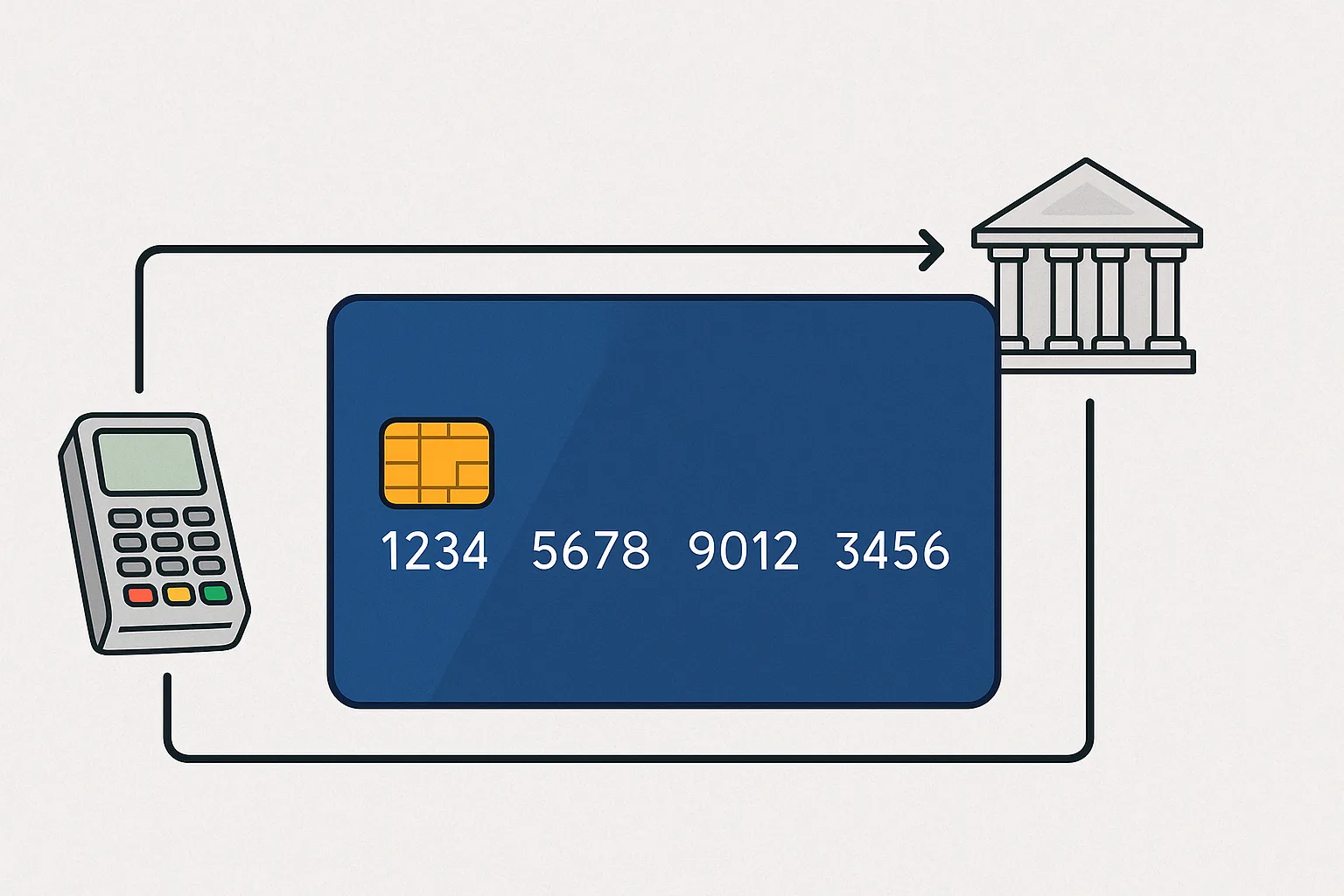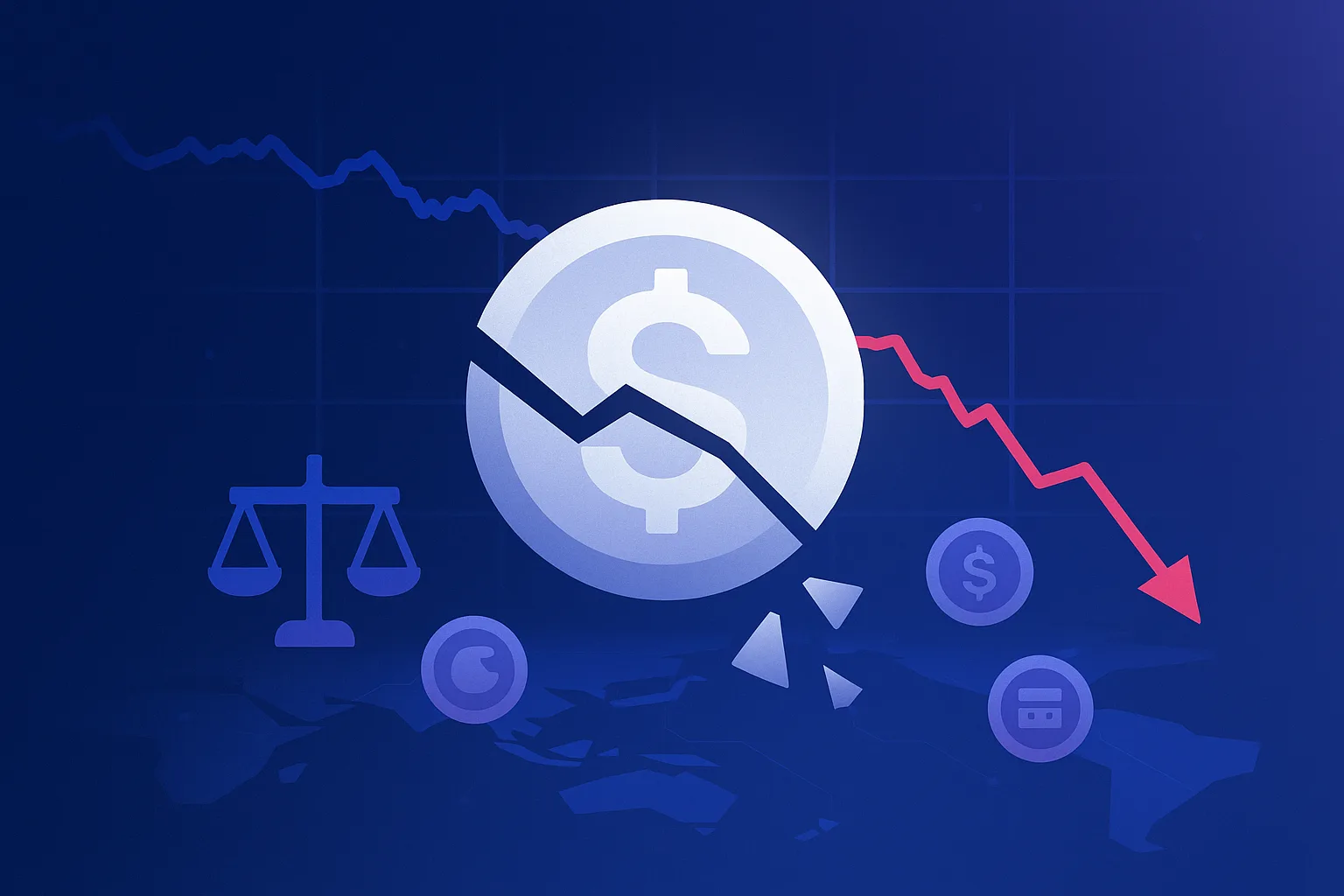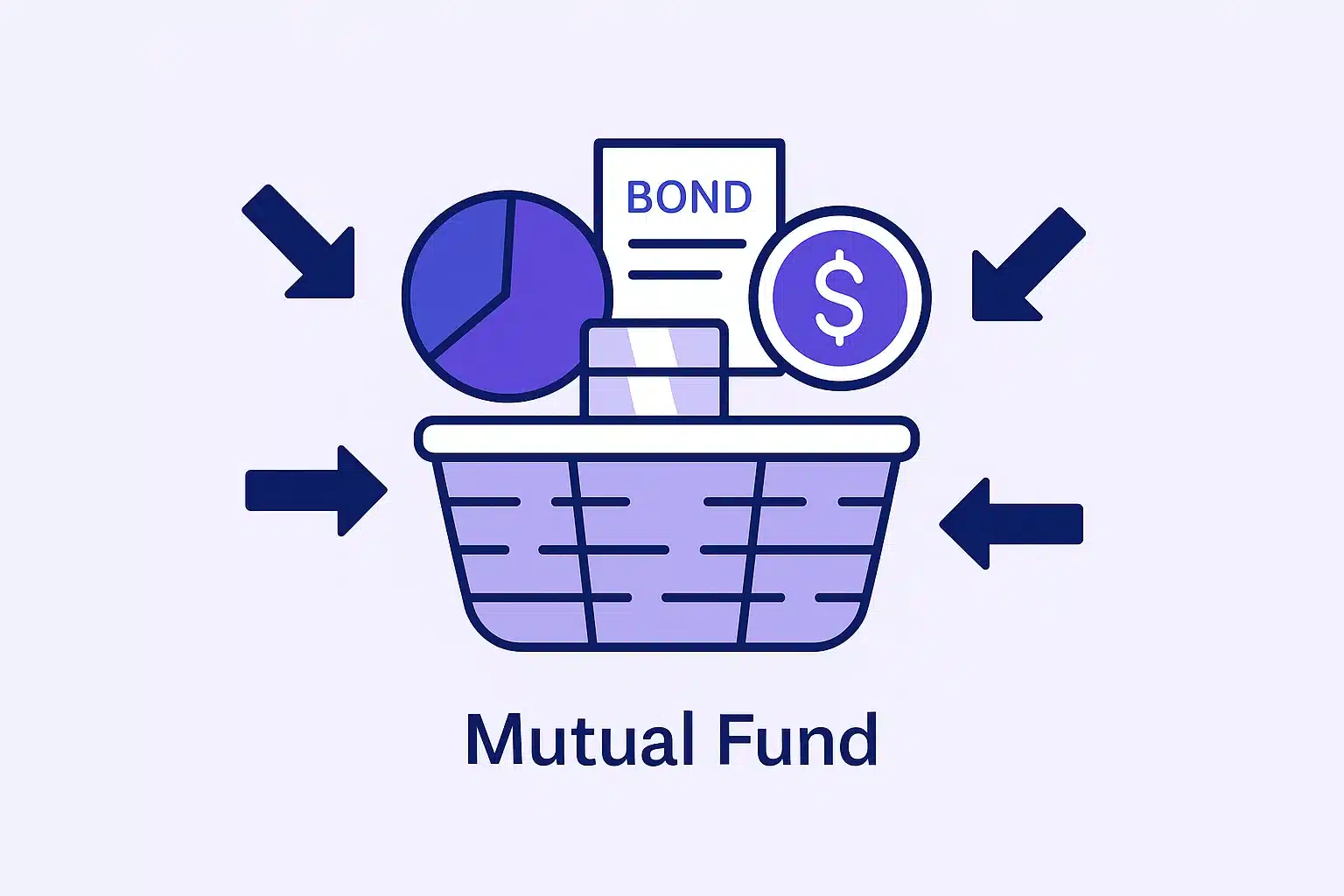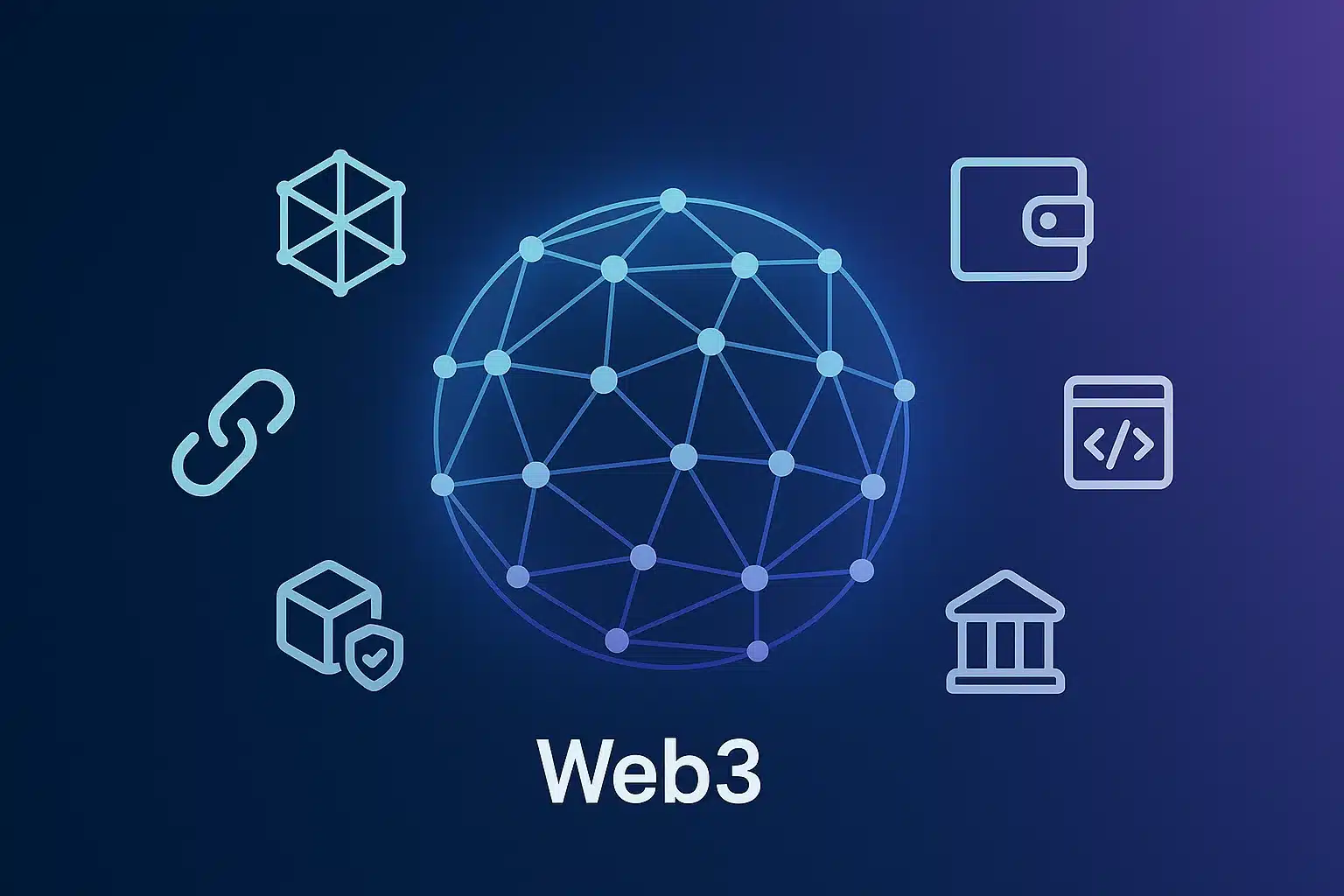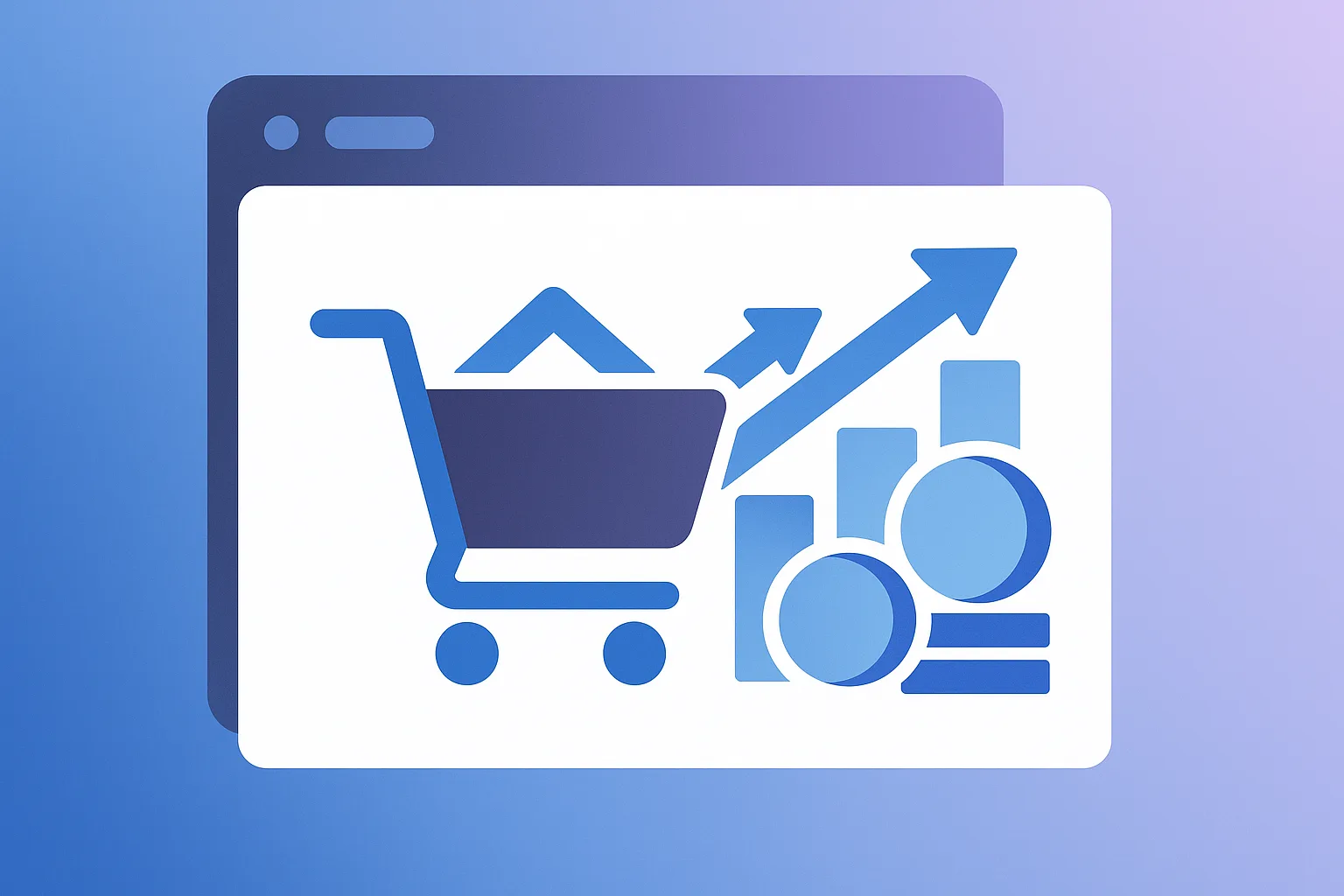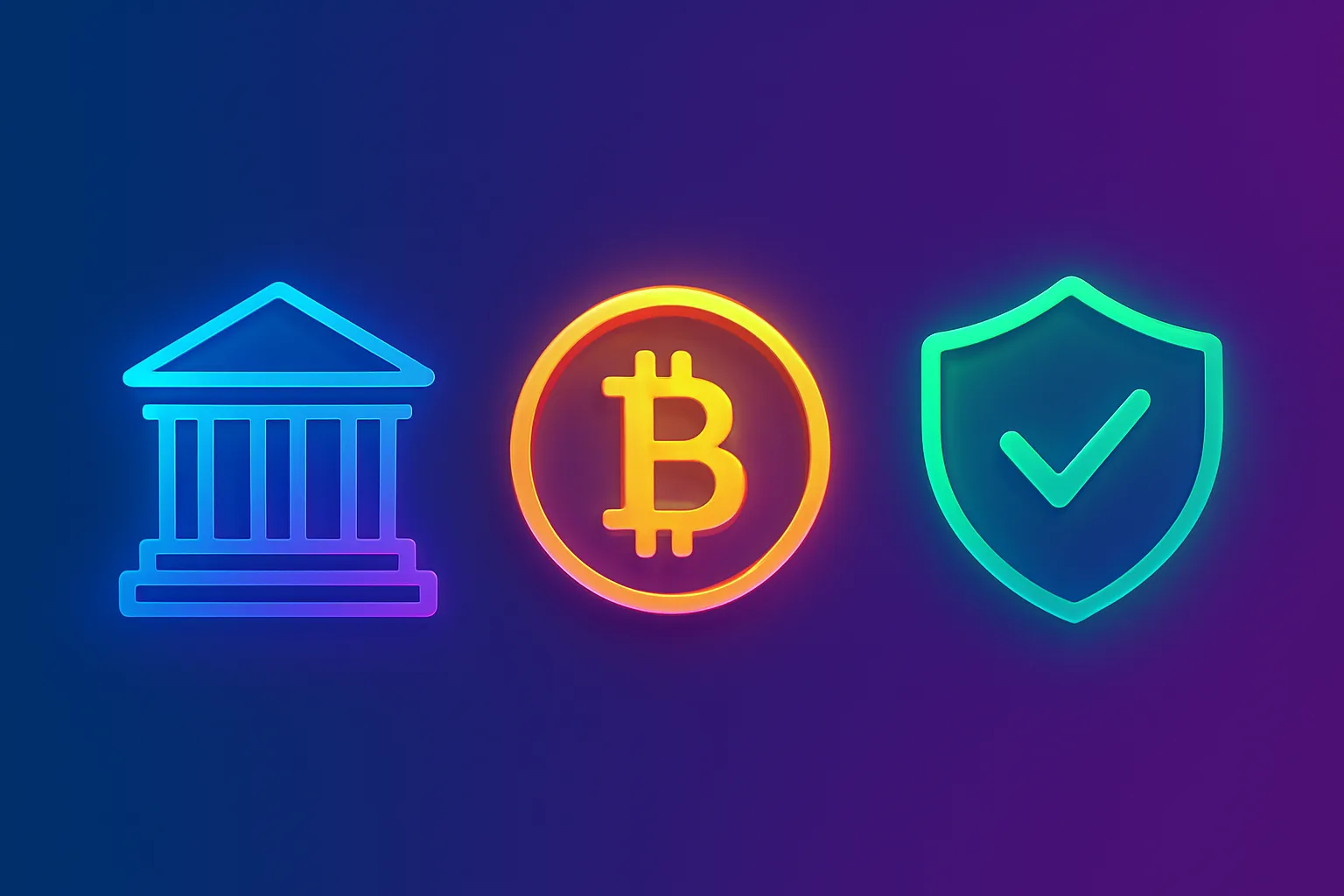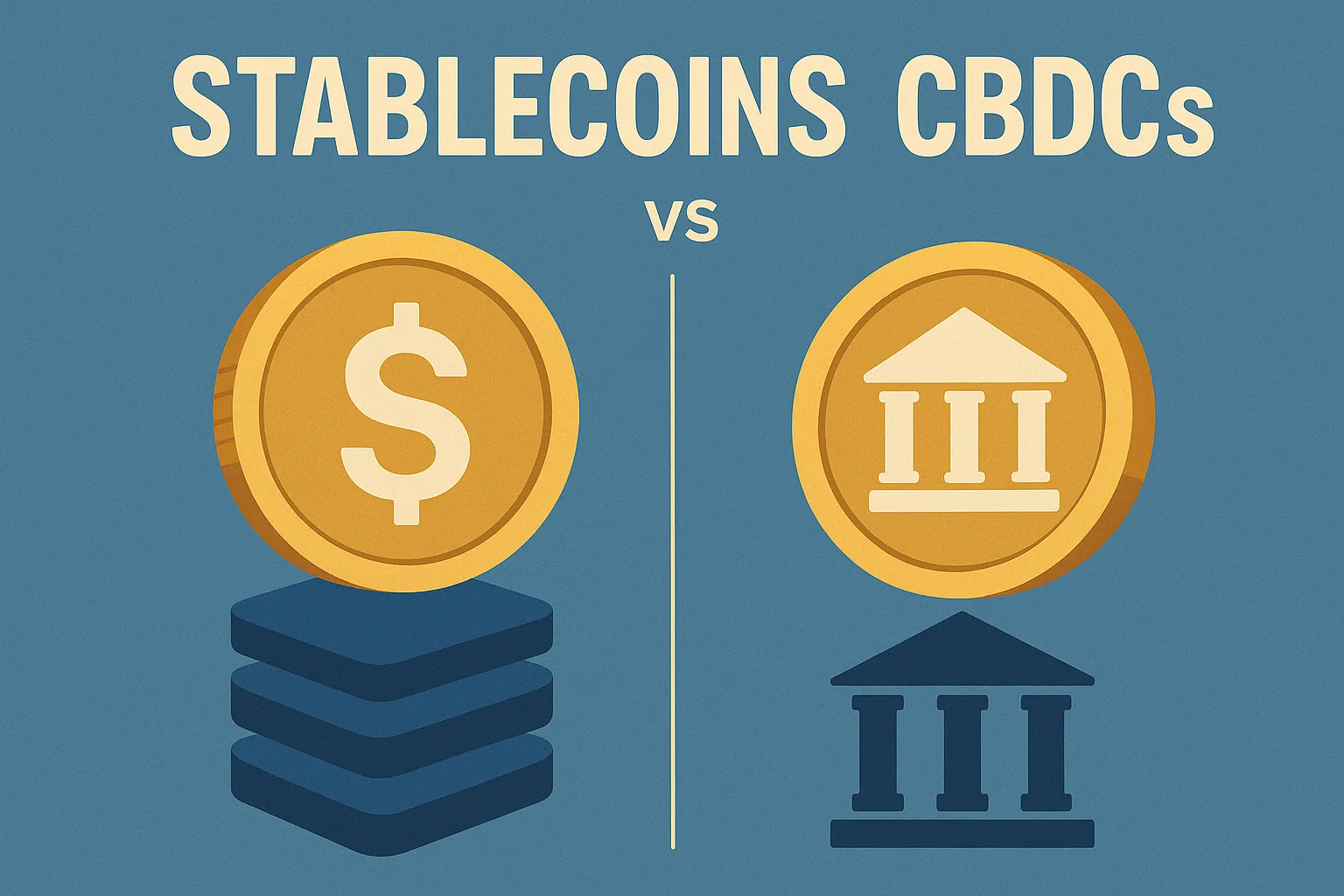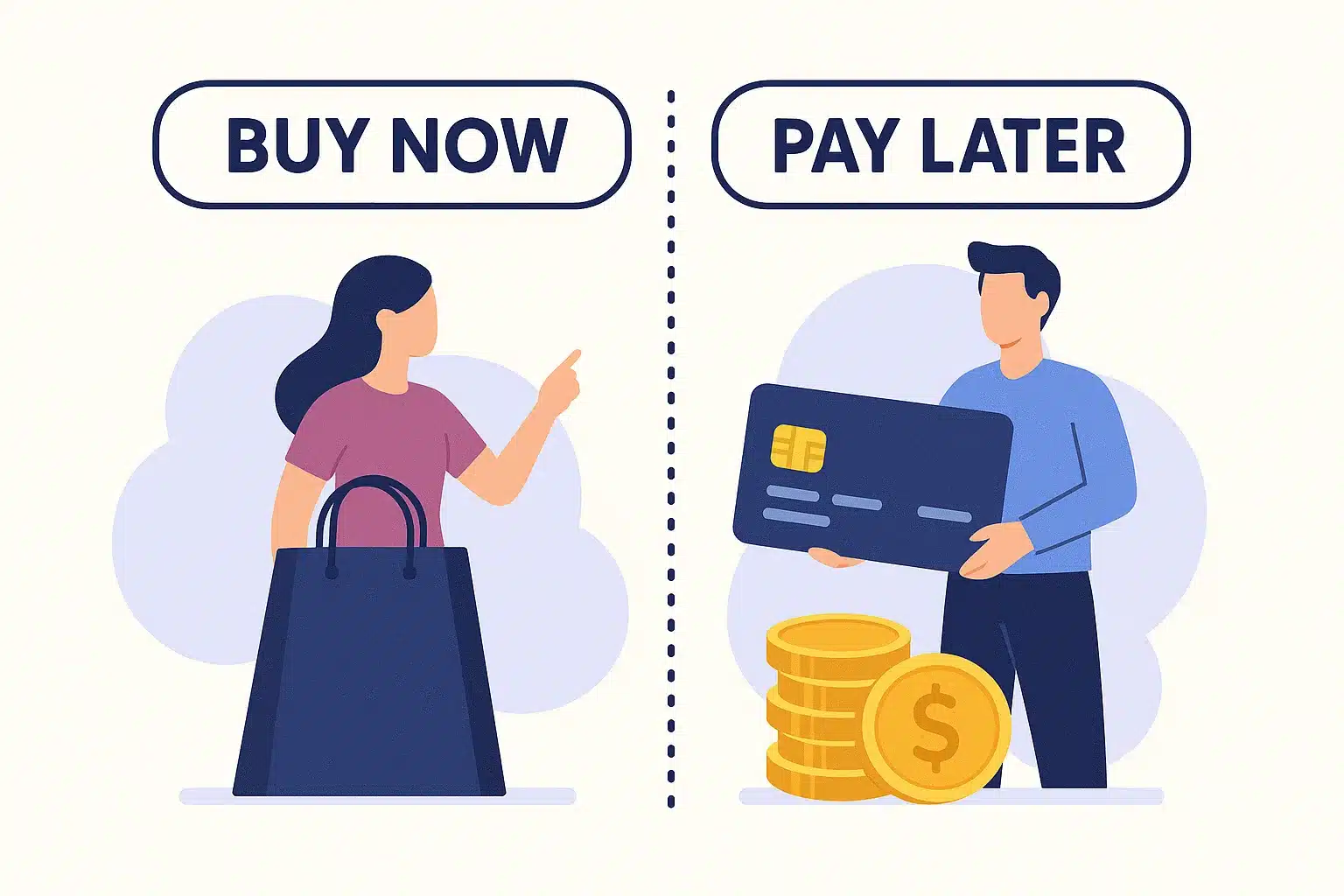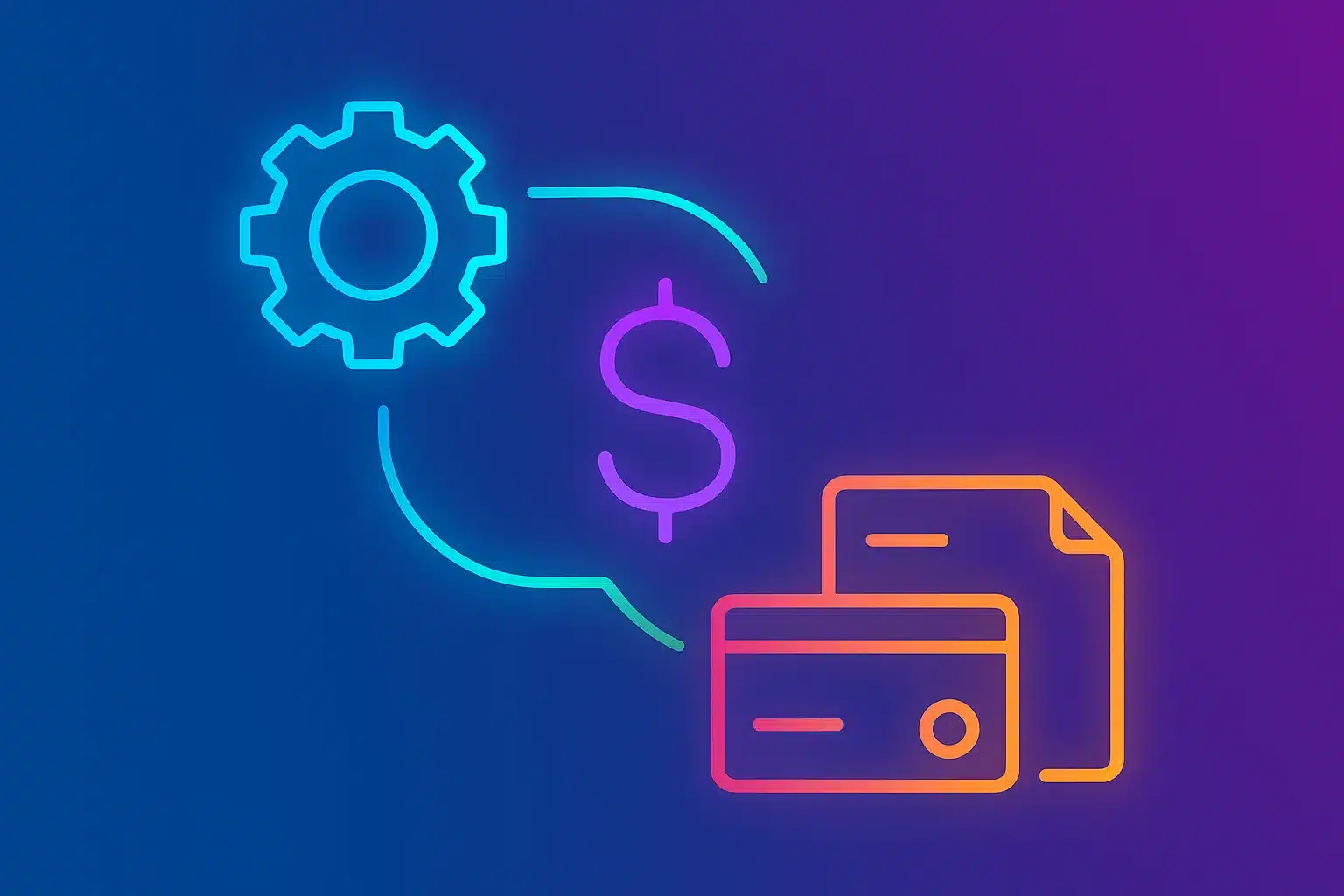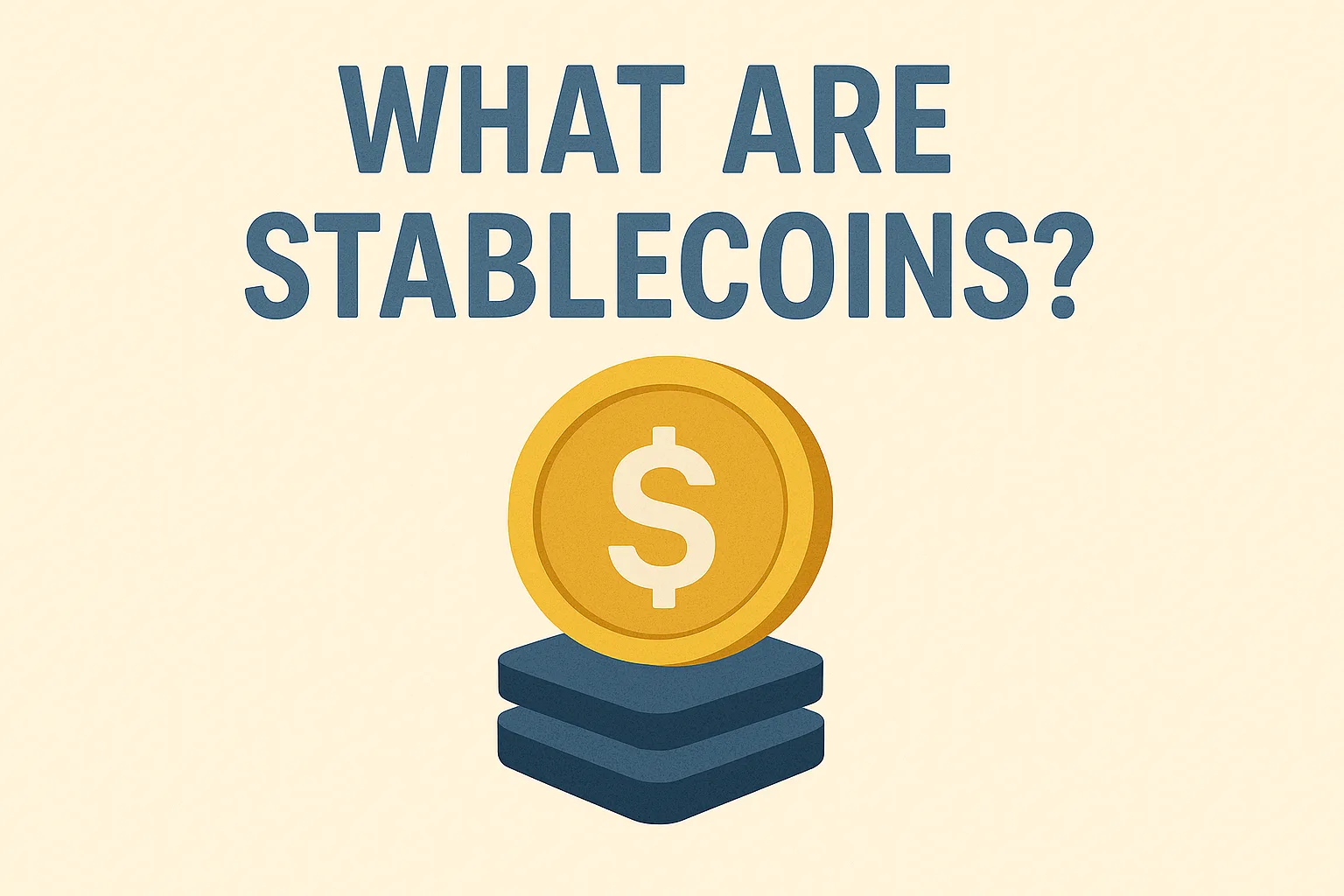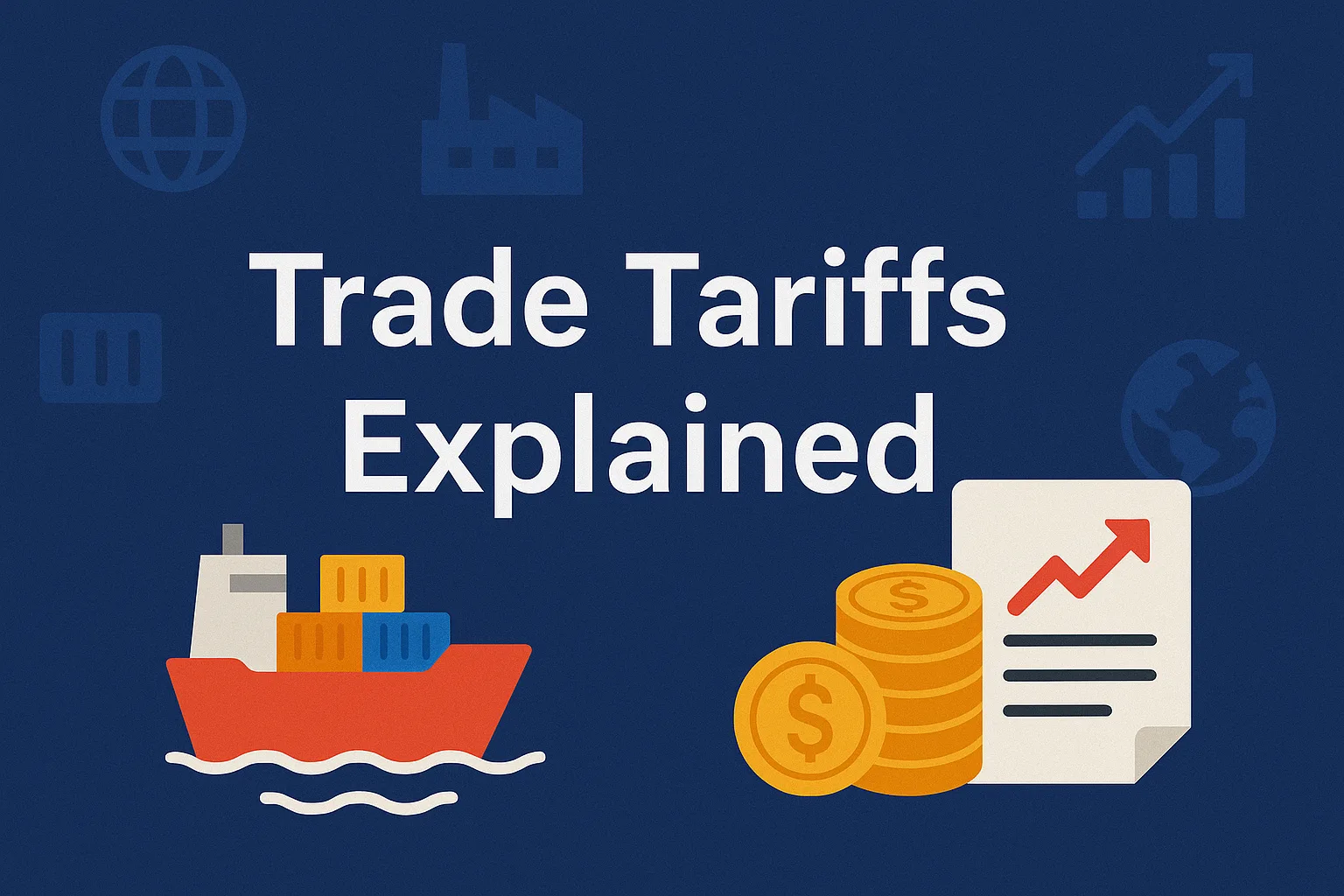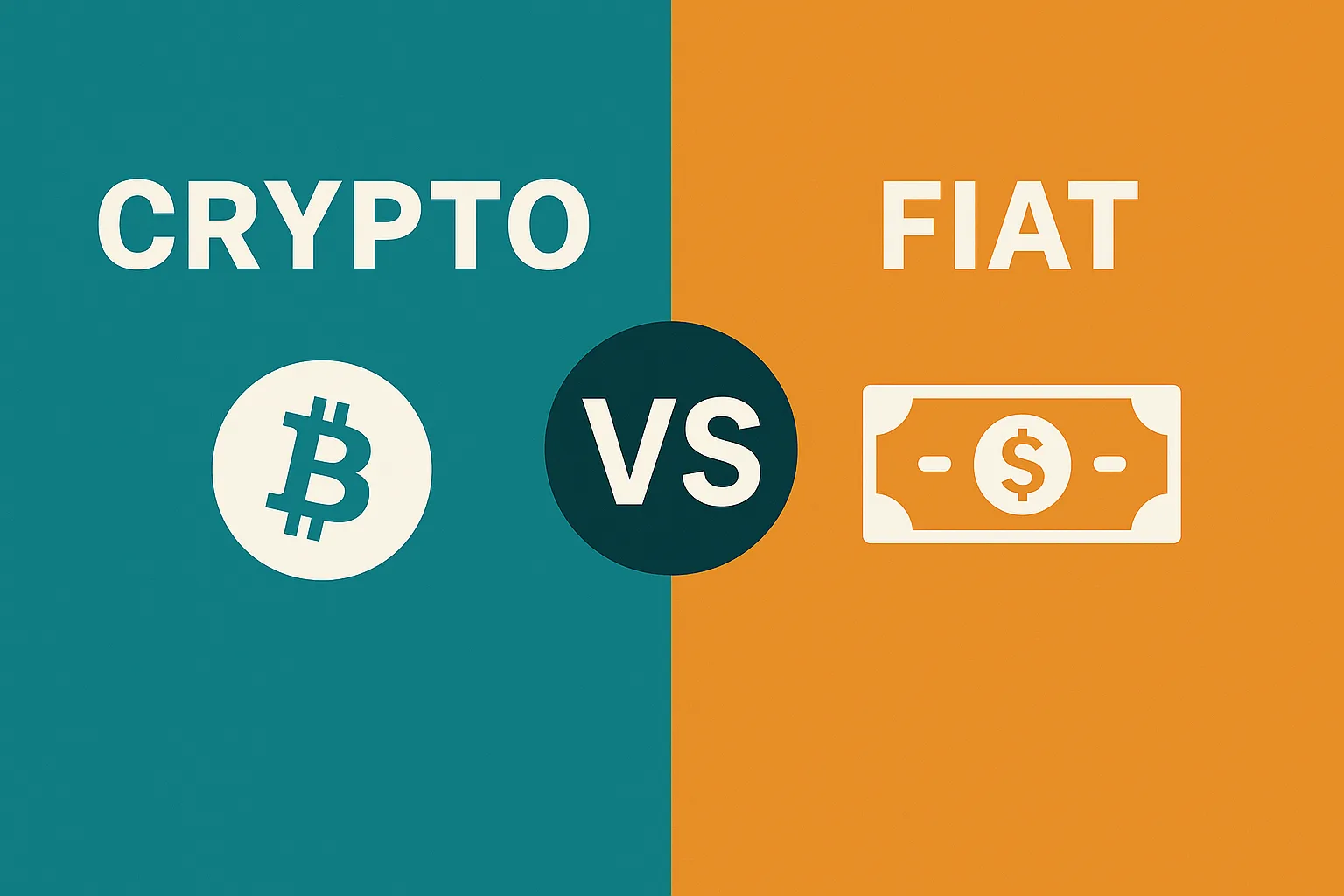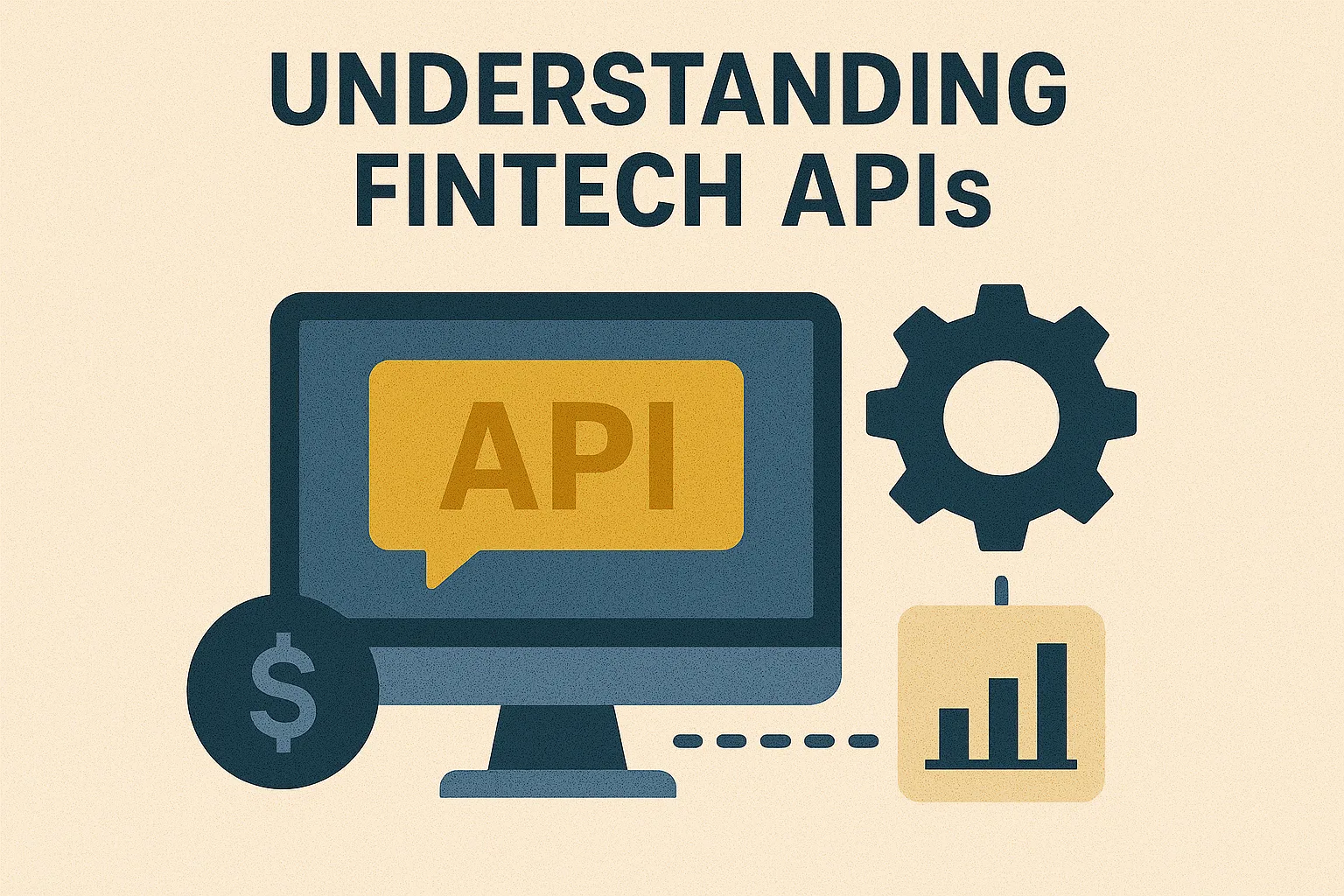Analysis
Explore in-depth fintech analysis covering industry trends, technological shifts, market developments, and company strategies. Fintech Review delivers thoughtful commentary on the ideas, forces, and innovations shaping the future of financial services.
-
How does a Credit Card work?
Credit cards are one of the most widely used financial tools in the modern economy. They provide a convenient way …
-
TerraUSD Collapse: Lessons from the Fall of an Algorithmic Stablecoin
In May 2022, the cryptocurrency world experienced one of its most dramatic collapses. TerraUSD (UST), once the third-largest stablecoin by …
-
Legendary Investor Profile: Bill Ackman
Bill Ackman is one of the most recognisable names in modern investing. Known for his outspoken views, bold bets, and …
-
What is a Mutual Fund?
For more than a century, mutual funds have been one of the most popular ways for individuals to invest in …
-
What is Web3?
Web3 is a term that has captured the attention of technologists, investors, and entrepreneurs across the globe. It promises to …
-
Bitcoin Price Predictions: Why is it so Hard?
Few topics in finance generate as much attention, speculation, and debate as the future price of Bitcoin. From early enthusiasts …
-
The Impact of PSD3 on European Fintech
The European Commission’s proposal of the Third Payment Services Directive (PSD3) and its sister regulation, the Payment Services Regulation (PSR)…
-
XRP Review: Bridging Traditional Finance and Digital Assets
XRP has long been one of the most controversial and discussed cryptocurrencies. Launched in 2012 by Ripple Labs, XRP …
-
5 Reasons Why Governments are Not Banning Crypto (and Won’t)
From the early days of Bitcoin, critics have argued that governments would never allow cryptocurrencies to exist freely. Many predicted …
-
Stablecoins vs CBDCs
As the global financial landscape embraces digitisation, two contenders have emerged to redefine money as we know it: stablecoins and …
-
Top 10 Crypto Exchanges in Asia
Asia has become the beating heart of global cryptocurrency activity. From Tokyo to Mumbai, crypto adoption is accelerating at different …
-
Can You Make Money in Fintech?
The financial technology sector has grown from a niche experiment to one of the most dynamic industries in the world. …
-
What are Stablecoins?
The term “stablecoin” has become a fixture in financial and crypto discussions over the past few years. While cryptocurrencies such …
-
Trade Tariffs Explained: How They Shape Finance, Markets, and Fintech
Trade tariffs are a powerful but often misunderstood tool in international economics. While they frequently dominate policy debates, particularly right …
-
Crypto vs Fiat
In the ever-evolving world of finance, the debate between cryptocurrencies and fiat currencies has become increasingly prominent. On one side, …
-
How Safe is Fintech?
Fintech is changing how we bank, invest, and pay, offering speed and convenience unmatched by traditional systems. But as it …
-
Understanding Fintech APIs: The Backbone of Digital Finance Innovation
In 2025, financial services no longer operate in isolation. Behind almost every modern fintech app, banking platform, or payment service …

